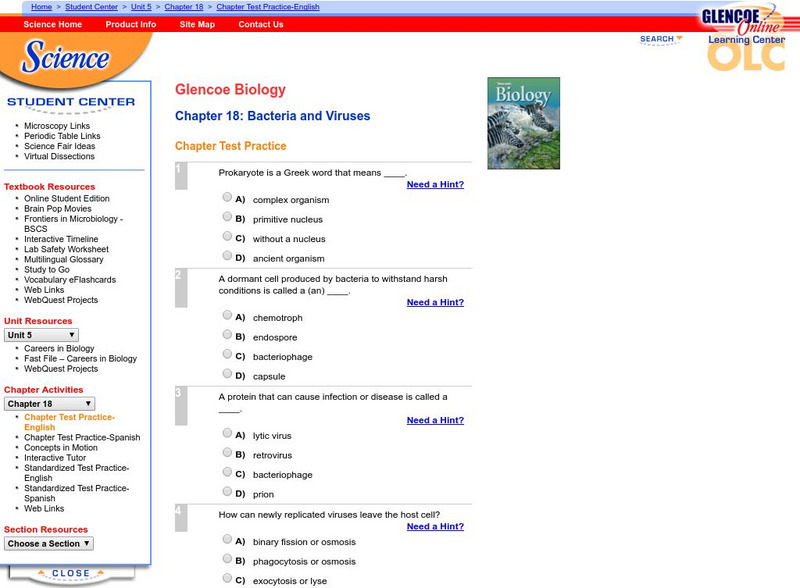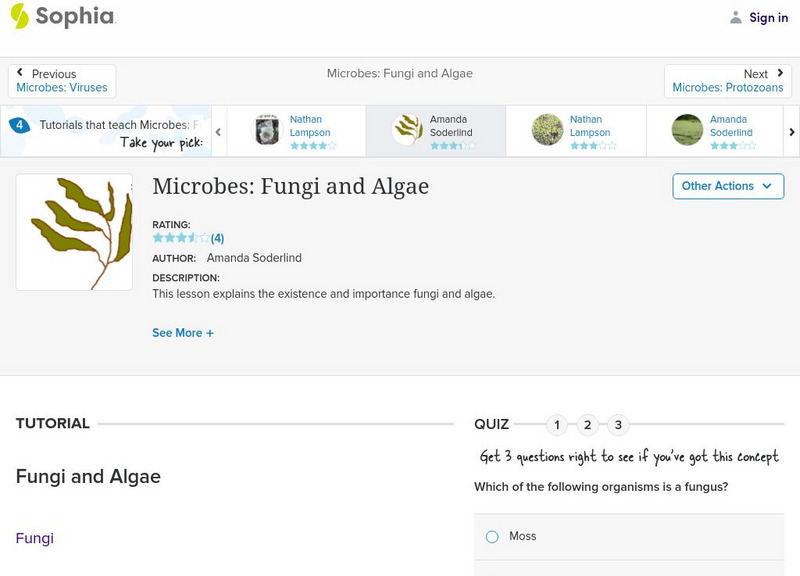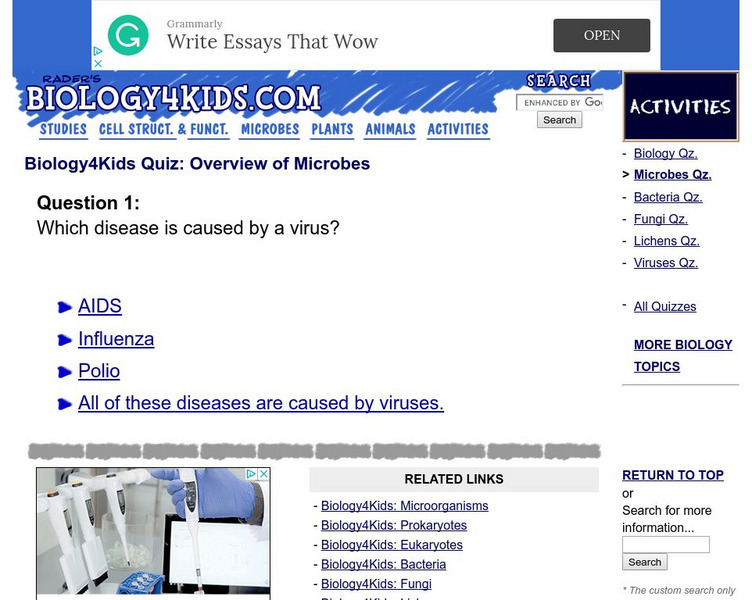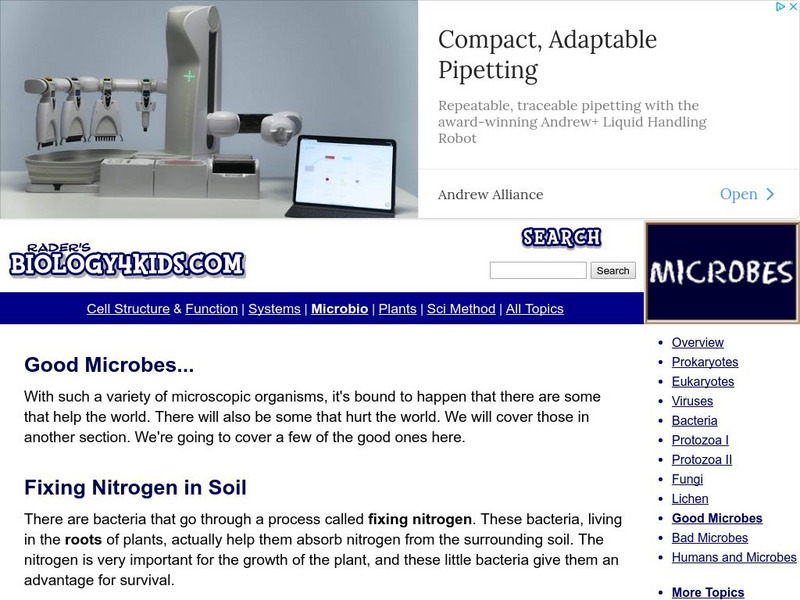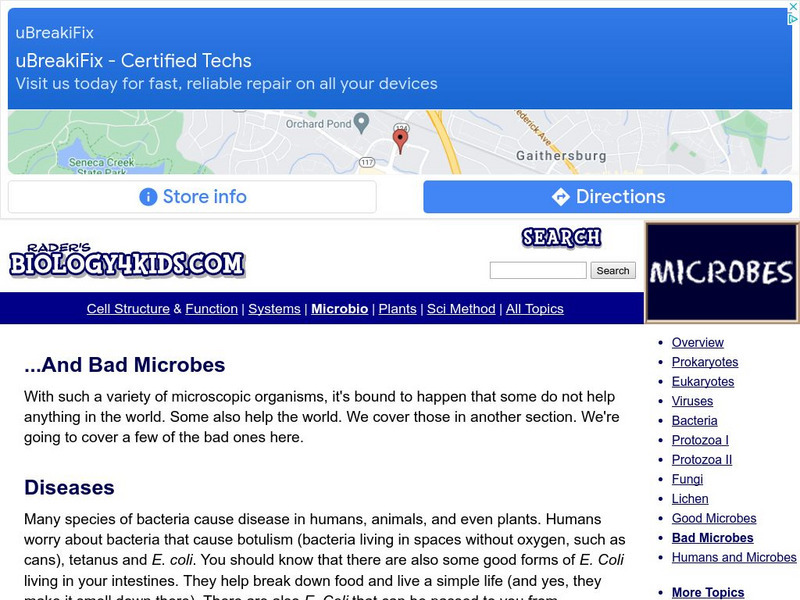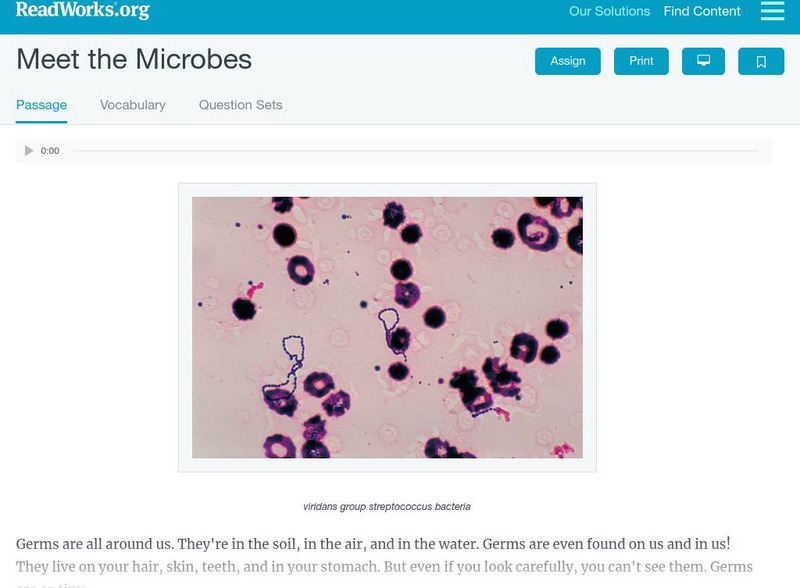BBC
Bbc Schools: Ks2 Bitesize: Science: The Living World
This landing page includes learning modules on the following topics of: animals, plants, microorganisms, life cycles and reproductions, food chains, habits, humans and the environment, adaptation, inheritance, and evolution.
Exploratorium
Exploratorium: The Science of Pickles
What is pickling? What role does fermentation play in food? What is salt brine? Understand this and more at the Exploratorium.
Florida State University
Florida State University: Pond Life
Explore the microscopic organisms that live in the freshwater ponds with this video collection. These video clips feature unicellular organisms, from under the microscope, showing off their daily activities. Collection includes videos of...
Next.cc
Next: Germs
Engage in the activities provided to learn what you can do to protect your body from harmful germs. Click on the links for further exploration.
Science Education Resource Center at Carleton College
Serc: Ecology in a Jar
This journal article discusses incorporation of the Winogradsky Column into high school science classrooms to demonstrate nutrient cycles and inter-relatedness of organisms in the environment.
Science Education Resource Center at Carleton College
Serc: Nanobacteria: Are They or Aren't They Alive?
In this five-part activity, students will learn whether or not nanobacteria are alive.
National Institute of Educational Technologies and Teacher Training (Spain)
Ministerio De Educacion: Microbiologia 2 Bachillerato
This unit will allow you to have a broader idea about microorganism, people and the ecosystem. It contains 16 interactive activities.
National Institute of Educational Technologies and Teacher Training (Spain)
Ministerio De Educacion: Biotecnologia 2 Bachillerato
Thanks to today's technology we can cure or alleviate many illnesses. In this unit you will broaden your knowledge about biotechnology. It contains 13 interactive activities.
TED Talks
Ted: Ted Ed: The Microbial Jungles All Over the Place (And You)
As we walk through our daily environments, we're surrounded by exotic creatures that are too small to see with the naked eye. We usually imagine these microscopic organisms, or microbes, as asocial cells that float around by themselves....
TED Talks
Ted: Ted Ed: The Beneficial Bacteria That Make Delicious Food
Erez Garty shows how your kitchen functions as a sort of biotechnology lab, manned by microorganisms that culture your cuisine. [4:39]
PBS
Pbs Teachers:odyssey of Life Ii the Unknown World
Observe organisms in various environments, determine what enables the organisms to live in that environment and discuss the varied biological functions of the organisms.
Other
The Big Picture Book of Viruses
This resource provides an extensive alphabetical list of viruses.
Other
Composting Practices (Pdf) [Pdf]
This publication explains the agricultural and environmental benefits of composting household waste. It explains the difference between hot and cool composting systems. It also documents research indicating turfgrass benefits from humus...
Other
Generation Cures: Pathogens [Pdf]
Students will use scientific inquiry to prevent infection within an organism. At the end of the activity, students will understand cell characteristics, effect of microorganisms and how the body protects against harmful microorganism....
Other
Bsi Education: Micro Organisms
The Applied Science resource consists of practical activities that demonstrate the importance of standard procedures in scientific work. Students examine micro-organisms through a variety of activities. Some topics investigated are...
McGraw Hill
Glencoe Biology: Bacteria and Viruses: Chapter Test Practice
Ten multiple-choice test practice questions covering bacteria and viruses. Students have the opportunity to check their answers after submitting their results.
Other
Microbe World: Experiments
In this hands on site, students will have the opportunity to be amateur microbiologists by performing a number of experiments. Supplies needed can found in the home or at a nearby store.
Sophia Learning
Sophia: Microbes: Fungi and Algae: Lesson 1
This lesson explains the existence and importance fungi and algae. It is 1 of 4 in the series titled "Microbes: Fungi and Algae."
Biology 4 kids
Biology4 Kids: Quiz: Microorganisms
Take this ten-question review quiz over microorganisms. Read more about each question after an incorrect answer is given.
Biology 4 kids
Biology4 Kids: Quiz: Bacteria
Take this ten-question review quiz over bacteria. Read more about each question after an incorrect answer is given.
Biology 4 kids
Biology4 Kids: Quiz: Viruses
Take this ten-question review quiz over viruses. Read more about each question after an incorrect answer is given.
Biology 4 kids
Biology4 Kids: And Bad Microbes
There are many types of microorganisms which cause many diseases. Humans, animals, and plants may be affected by these bad microorganisms. Some of these illnesses are severe, but some can be treated and cured with the right medicines.
Read Works
Read Works: Meet the Microbes
[Free Registration/Login Required] An informational text about different types of microbes including: viruses, bacteria, fungi, and protozoa. A question sheet is available to help students build skills in reading comprehension.




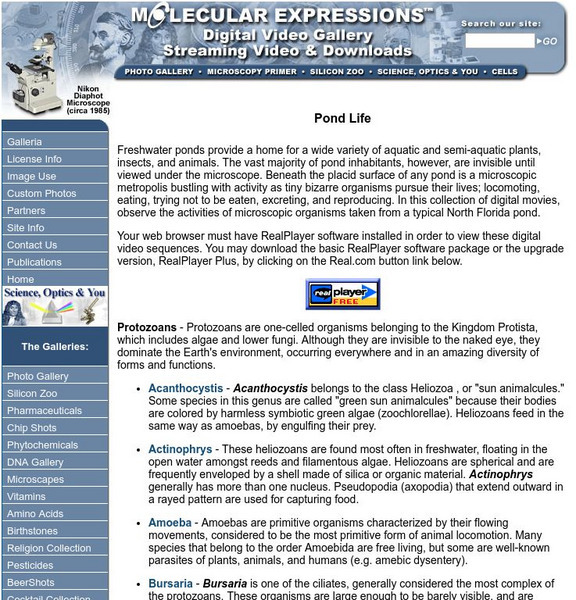

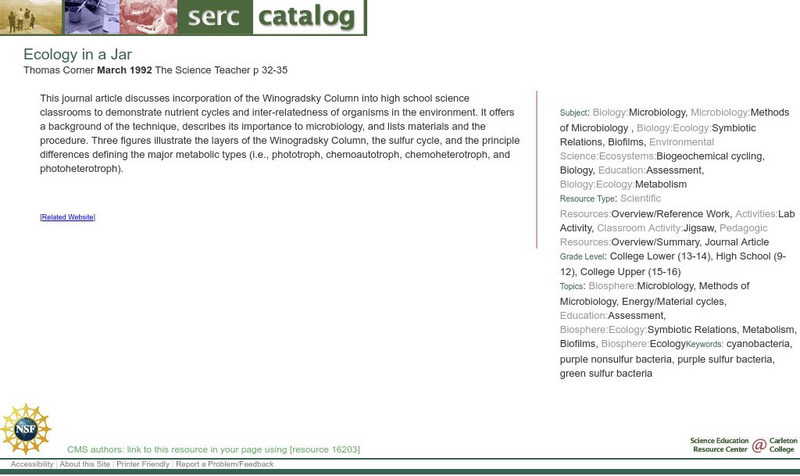
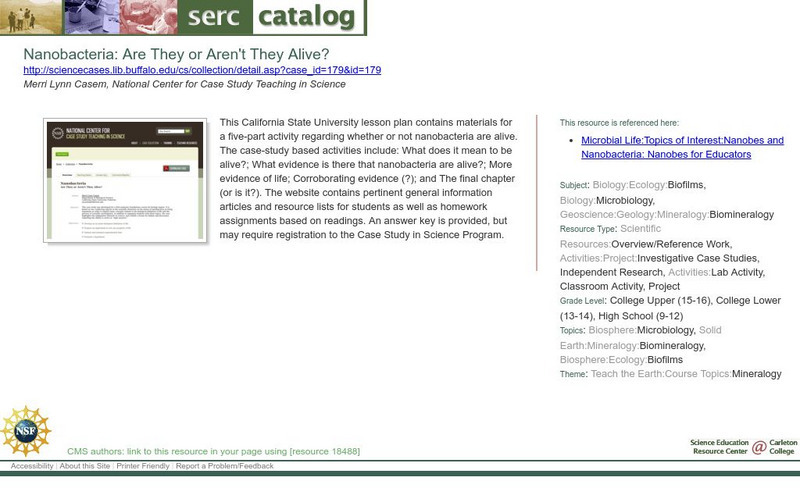

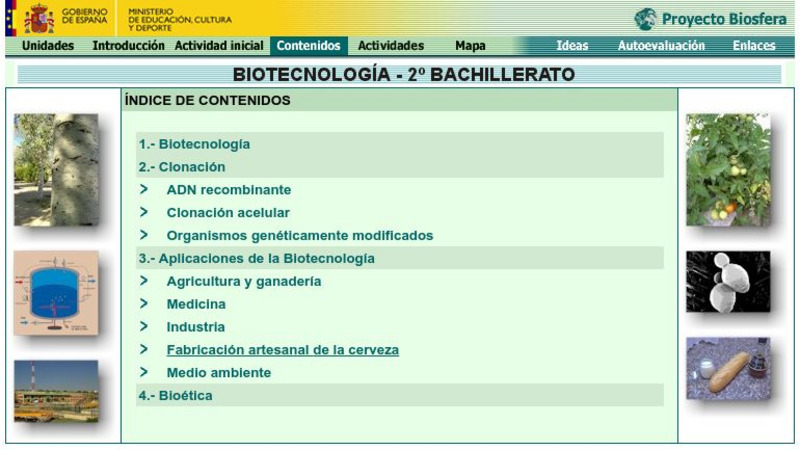


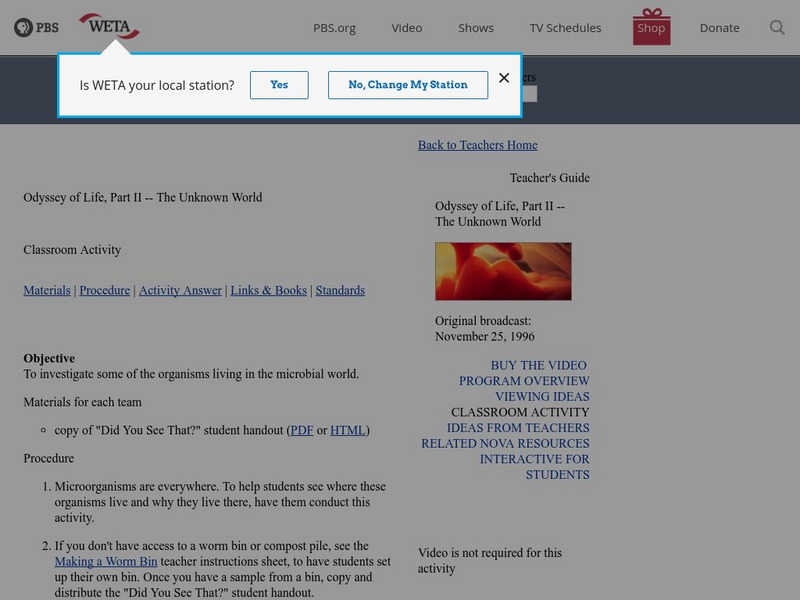

![Composting Practices (Pdf) [Pdf] Handout Composting Practices (Pdf) [Pdf] Handout](https://d15y2dacu3jp90.cloudfront.net/images/attachment_defaults/resource/large/FPO-knovation.png)
